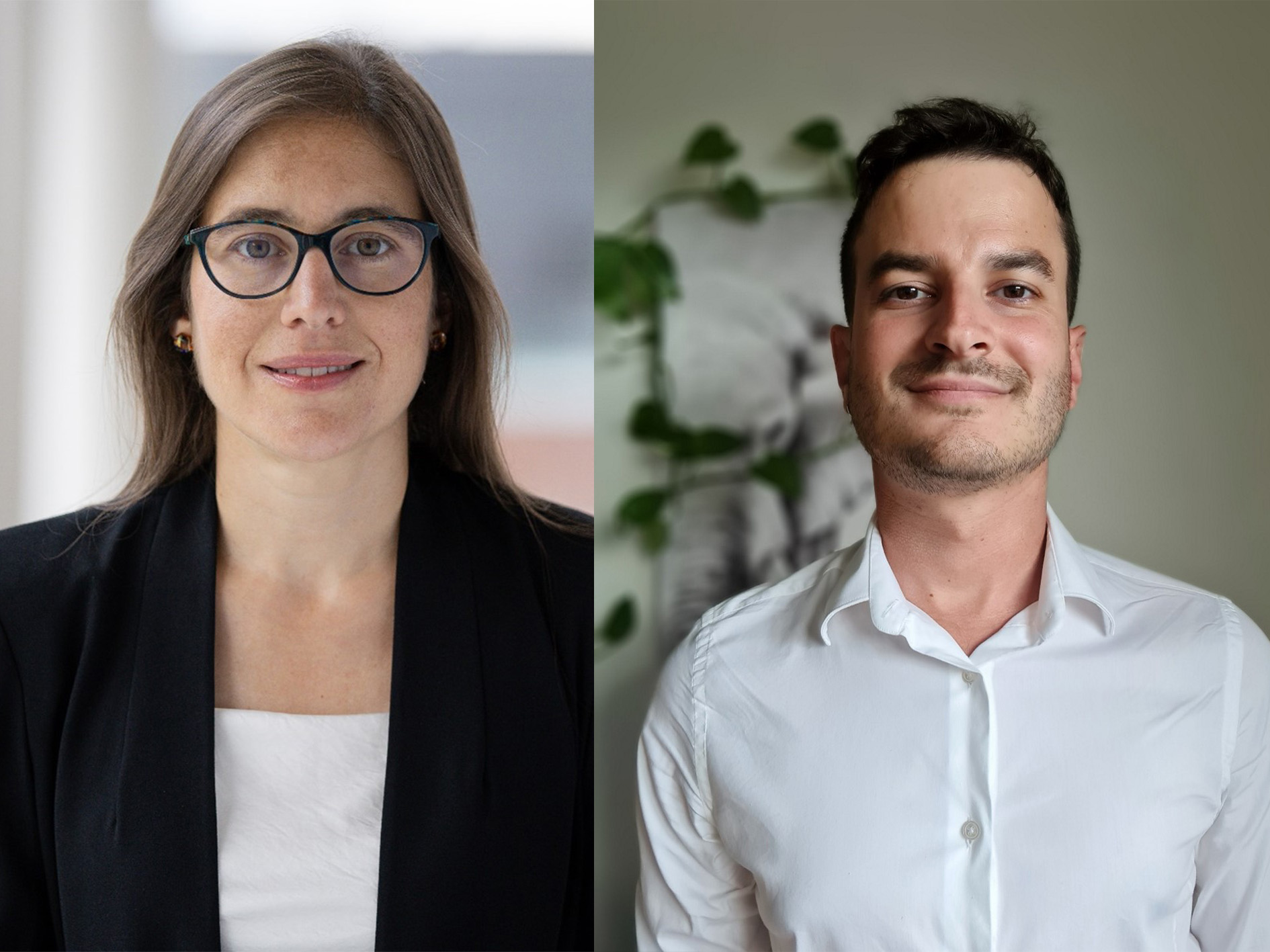To recognize some of the outstanding work published in the journal, as well as the authors behind those articles, we are delighted to announce the first Digital Discovery Outstanding Paper 2022 Award. This prize will recognise the contributions of all authors and celebrate these exceptional publications.
Each year, we will look back at the exceptionally high-quality and innovative research published during the previous calendar year and put together a shortlist of articles based on a variety of metrics including article downloads, Altmetric score, and citations. The shortlist is reviewed by the journal's Editorial Board members based on the science presented and its potential future impact.
Our 2022 winners
Automating mix design for 3D concrete printing using optimization methods
Vasileios Sergis and Claudiane M. Ouellet-Plamondon

This study attempts to automate the development process of mortar mixtures for 3D concrete printing applications. 3D printing brings automation to construction processes, and the customization potential of this technology is a notable advantage.
However, customizability adds complexity to mix design. This complexity arises from the intricate compositions required for 3D printing, which differ significantly from traditional concrete. As more materials are integrated, the workload during the development phase surges exponentially.
To address these complexities, the study employs optimization methods to automate the development of mortar mixtures. The core objectives are enhancing workability, buildability, and compressive strength. This investigation spans eight factors, including cement, sand, superplasticizer types, water-to-binder ratio, sand-to-binder ratio, and admixture dosages.
We designed an initial D-optimal set of 18 mixtures to reduce resource requirements and experimentation efforts. Incorporating advanced computational tools, the study employs feedforward neural networks to simulate part of the mix design by predicting the mixtures’ properties. A genetic algorithm fine-tunes the models’ architectures to improve their performance. The Pareto-optimization algorithm then harmonizes material choices and dosages to optimize all three conflicting objectives simultaneously.
Remarkably, after only five iterations, the study successfully formulated mixtures meeting all criteria. This methodology reduces labour demands and generates optimized mixture compositions, adapting to the application needs. The goal is to develop the algorithms further to add other design functions, such as low CO2 impact, durability and others. The algorithms are easily adaptable to changing the components of the material composition.
Read this paper
Guidelines for nominators
Find out who is eligible for this award, about the nomination process and see who is on the selection panel.
To be eligible to receive an Digital Discovery Outstanding Paper Award you must have published an article in the journal in the previous calendar year. All submissions will be subject to initial assessment and peer review as appropriate according to the journal’s guidelines.
The editorial team draw up a shortlist of papers based on a variety of metrics including article downloads, Altmetric score, and citations.
Winner(s) are selected by the Digital Discovery Editorial and Advisory Boards.

